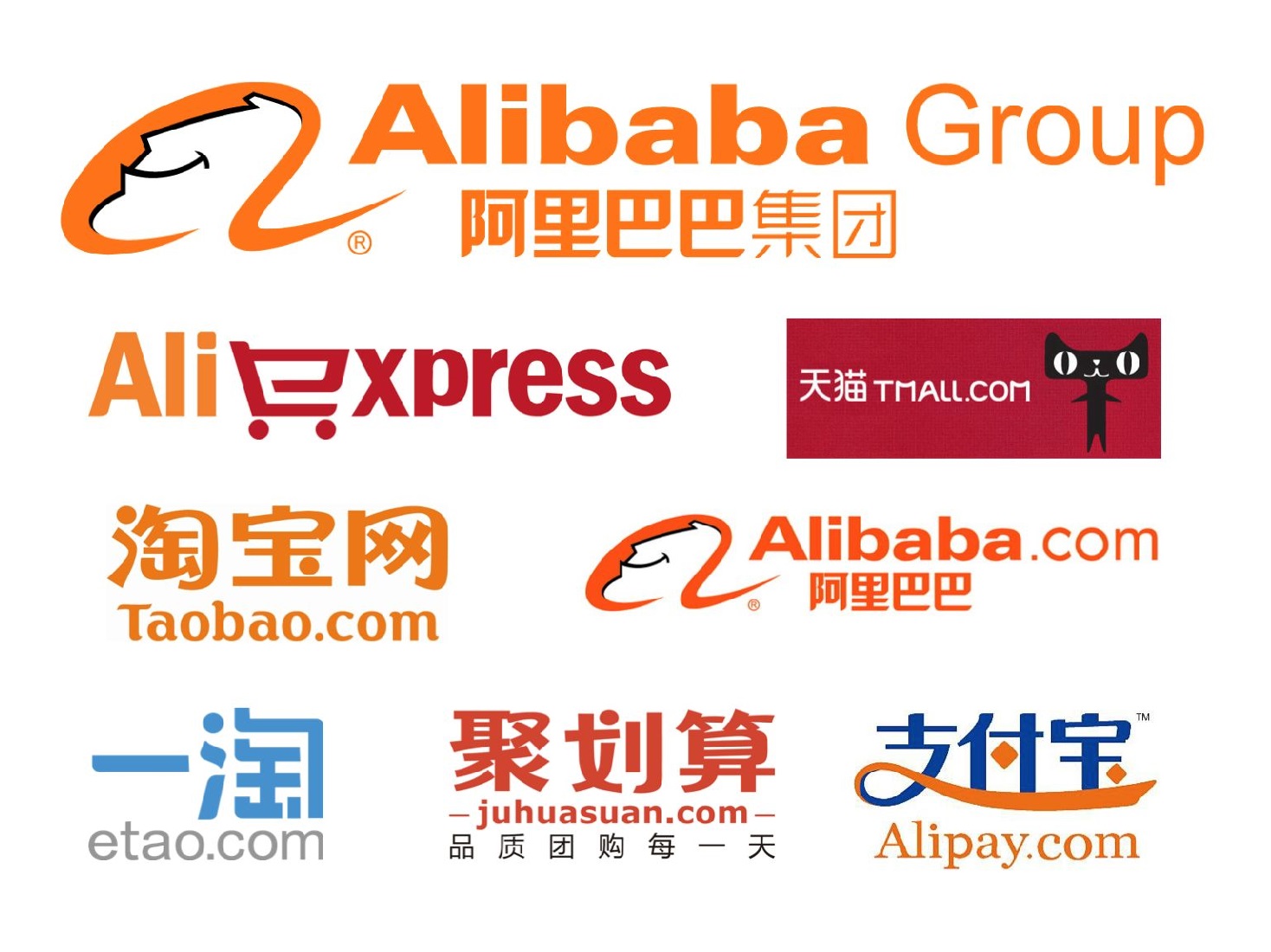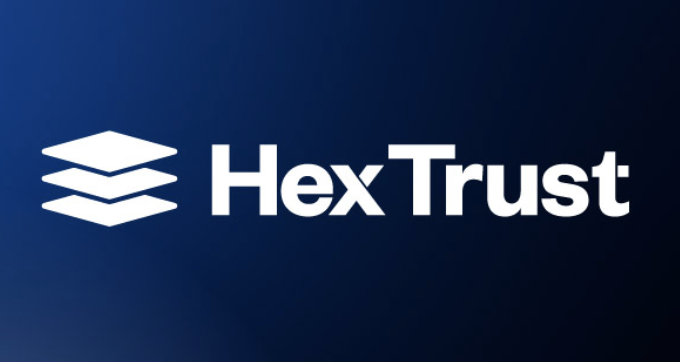
Alibaba Group: Asia’s ‘Grey Cardinal’ Casts Shadow Over International Financial Services Markets
By Elena Mesropyan for LTP
Ever since technology companies started acting on their interest in the financial services industry, it became clear that one does not really need to turn to a conventional bank to receive financial services. Previously silent witnesses of the action are now an aggressive competition to traditional players. But while the Western world was (and is) busy watching FinTech and GAFA in that regard, the real Grey Cardinal has emerged in Asia and has spread wings to another side of the world this year.
Asia’s top company by market capitalization, Alibaba, valued at over $260 billion, is one of the most interesting cases of a multi-profile company that has been developing a foundation for offering complex financial products for years and is probably ready to substitute traditional banks. The story with Alibaba is probably somewhat similar to the story with Facebook, but Alibaba is probably a couple of steps further.
Why Alibaba Group is an important player in the international scene
Alibaba was always important in Asia – it’s the hallmark of the region, one of the most important elements of its ecosystem. However, prior to 2016, Alibaba and its affiliates were not as big of a threat to FinTech or banking in Europe and Americas because the company was mainly contained in Asia and invested time and funds into dominance in the region.
For example, last September, Alibaba Group and affiliate Ant Financial have become the largest shareholders of One97 Communications, the parent of Indian etailer Paytm, by investing $680 million, underlining the ambition of the world’s largest e-commerce company to gain a stronger foothold in the country’s surging Internet retail space. With this investment, Alibaba Group gets access to Paytm banking business and bank tie-ups that Paytm is actively working on.
But let’s put Alibaba’s activities in Asia aside, as those are not the most interesting things to know right now. The series of important strategic expansions that happened this year and the previous year took Alibaba to a whole another level. At the end of 2015, Alipay, the payment app run by Alibaba affiliate Ant Financial, launched in Europe to allow Chinese tourists to pay for things abroad – its biggest push out of Asia yet. Bear in mind that, according to CNBC, Chinese tourists spent $215 billion abroad last year, a 53% rise from 2014.
What leverage does Alibaba Group have to build a sustainable financial services business around the world?
-
Expansion of online and mobile payments with Alipay across oceans
Alipay has a very strong position in the Chinese market, with more than 400 million registered users making purchases from desktop computers, tablets and smartphones at more than 130,000 merchants. In 2014, Alipay was controlling 83% of China’s third-party mobile payment market.
More than 100 million Alipay Wallet users have made $148 billion worth of payments through mobile phones which overtakes the combined volume of its US counterparts, PayPal and Square. In July 2015, Alipay added the “friend” tab where users can communicate with their friends. It is an open platform for enterprises, merchants, organizations and individuals where it acts as a bridge to build the ecosystem.
Alipay is striking strategic partnerships with companies that have a firm footprint in the Western market in order to use the revolving door to its advantage. In May, for example, the company has partnered with Samsung Pay to open up a Chinese market for Samsung Pay.
In its international quest, last year, the company also signed a deal with Wirecard (getting access to Wirecard’s 21,000 merchants using its systems worldwide). But by partnering with Wirecard, Alipay gained access to a number of different stores across several industries, rather than attempting to sign deals with individual businesses.
In addition to Alibaba Group pushing its payments solution into international markets with its recent expansion to the US, the company is also working on its improvement. In April this year, for example, Alipay has organized an ad campaign with the DDB China agency to showcase its face recognition technology. Called “Who Art You,” the campaign is a mobile game where users can log into the Alipay app, take a selfie and have the system automatically identify three famous paintings out of 2,000 within three seconds. Alipay plans to use face recognition for its mobile payments services.
At the end of October, First Data, a global leader in commerce-enabling technology, announced a partnership with Alipay to bring the Alipay mobile payment solution to United States merchants. Beginning in November, Alipay will be available to Chinese consumers shopping at select retail locations in California and New York. Participating retailers at those locations will use First Data’s Clover Mini point-of-sale solution to accept Alipay.
The bottom line is that Alipay is one of the strongest tools Alibaba Group has in its sack and the company aims to make it all-in-one solution. Users already can purchase taxi rides and movie tickets, order meals, set up and pay for doctor’s appointments and receive diagnostic results on their phones, purchase local transport passes for overseas travel and get tax refunds for purchases made on holiday, among other uses, as Alizila reports.
-
Alibaba Group has its proprietary credit scoring solution ready
The company’s unique database of consumer information to compile individual “social credit” scores is called Sesame Credit. Users are encouraged to flaunt their good credit scores to friends, and even potential mates. As reported by BBC, China’s biggest matchmaking service, Baihe, has teamed up with Sesame to promote clients with good credit scores, giving them prominent spots on the company’s website.
Sesame Credit tracks financial and consumption activities, while materials published on social media platforms do not affect users’ personal Sesame Credit score, the edition reports. Sesame rates the online financial transactions of those using Alibaba’s payment system in addition to the data it obtains from its partners including the taxi service Didi Kuaidi, rating whether users bothered to settle taxi payments.
“Sesame Credit is focused on those who may have a little credit history at traditional credit agencies,” said Yu Wujie, Sesame Credit Chief Data Scientist. “They may have never obtained bank loans or applied for credit cards. However, they might be active Internet users who shop online a lot, e-pay their utility bills on time, have a stable residential status and have been using their mobile phone numbers for a long time. We will take these and other factors into consideration when assessing consumers’ creditworthiness.”
-
Ties with the US alternative lending market
Alibaba has its eyes on lending business since last year. The company partnered with Lending Club to help American companies buy parts from Chinese manufacturers.
As reported by the NY Times, companies announced that they would form a partnership to provide financing for manufacturers in the United States to buy products and supplies through the Chinese marketplace Alibaba.com. Through Lending Club, those companies can line up from $5,000 to as much as $300,000 for each purchase order.
The service called e-Credit Line is a revolving line of credit specifically designed to finance purchases on Alibaba.com from Chinese suppliers. It is an open credit line that can be drawn from any time as long as the amount is over US $5,000 and there is credit available. Alibaba.com customers can enjoy preferential rates, no early payment penalties and – more importantly – there is no need to deplete cash reserves while goods are in transit.
-
Alibaba’s Ant Financial has a mass market wealth management tool
Since last year, Alibaba Group has had its hands in thevwealth management business. In August 2015, the Alibaba-affiliated Ant Financial Services Group unveiled a wealth management app called Ant Fortune, providing Chinese consumers with simpler access to the company’s growing roster of investment products, including more than 900 products from more than 80 Chinese fund institutions.
As reported by Forbes, the app also allows users to invest in Ant Financial’s money-market fund Yu’E Bao and buy products from Zhao Cai Bao, an online platform connecting small businesses and individual borrowers with investors. Zhao Cai Bao oversaw $40.7 billion in transactions by the end of July.
With this move, the group aims to tap into the mass market, given that ~70% of China’s population doesn’t buy any wealth management product, as most financial products are designed for HNW investors and portfolio managers, as the edition reports.
“Ant Fortune aims to provide investment options for those who are left out by the current wealth management products by lowering the entry threshold, and for those who have little time or ‘know-how’ to grow wealth,” Leiming Yuan, General Manager of Ant Financial’s wealth management unit, said in a statement.
-
Two VC arms with leaders having international ties and financial background
Not only does Alibaba has an interest in doing business abroad, but the company also runs an investment arm called Alibaba Capital Partners and an interesting initiative called Alibaba Entrepreneurs Fund, a not-for-profit initiative of Alibaba Group that provides entrepreneurs and young people with investment capital, strategic guidance and internship opportunities to help them better achieve their goals. The fund offers an investment program (Hong Kong, Taiwan) and an internship program (Hong Kong).
The fund was established with an intention to invest in qualifying companies in the startup, growth and expansion phases of the company life cycle. Qualifying businesses are promised to be able to leverage the platforms in the Alibaba ecosystem to offer products and services to mainland China and the world. HK$1 billion has been earmarked for the Hong Kong Fund and NT$10 billion for the Taiwan Fund.
The leadership team for the fund has been carefully picked to have people from the financial, insurance and global business development world to manage strategic investments. The fund in Taiwan, for example, is managed by Charles Yen, Co-founder and Principal of the AAMA Taipei cradle program.
Founded in 1979, Asia America MultiTechnology Association (AAMA), formerly known as Asian American Manufacturers Association, is the largest pan-Asian technology association in the world aimed to accelerate ideas and best-in-class collaboration, resulting in successful business ventures throughout the Asia-Pacific region and global economy.
Among other interesting figures comprising the board of directors in Taiwan is Joseph Tsai, Senior Executive VP of Cathay Financial. As for Hong Kong, Bernard Chan, President of Asia Financial Group and Asia Insurance is also worth mentioning.
In total, the Alibaba Group was reported to have spent about $18.3 billion to invest in 65 companies, including acquiring eight companies and investing in 15 overseas businesses. Alibaba’s major investment sectors are e-commerce, entertainment, finance, enterprise solution and technology, and online to offline.
The Internet Retailer also reported that in 2015, Alibaba increased its strategic investments in 20 large companies. Some investments have topped several hundred million dollars, including investing in The Postal Savings Bank of China; Suning Commerce Group, No.3 in the Internet Retailer 2015 China 500; and Chinese smartphone maker Meizu, No. 168. As for the US, Alibaba has been extremely generous so far with its diverse interest in e-commerce, mobile gaming, VR companies’ investments in the country.
-
Alibaba Group wants to build a foundation for future international footprint with its new leadership training program
Aside from two VC arms, at the end of October, Alibaba Group launched the Alibaba Global Leadership Academy (AGLA), an innovative, 10-year program, to enhance its global workforce capabilities. The inaugural class of 32 young professionals (representing 14 countries), will spend one year at Alibaba’s headquarters in Hangzhou, China, where they will engage in experiential leadership training, cultural immersion, industry learning tours and serve rotational assignments in various business units.
Revealing company’s strategy and long-term intentions, Brian Wong, Alibaba Vice President and Executive Director of AGLA, said, “Our new AGLA program will help us build a strong foundation for our future international footprint.”
Alibaba’s international expansion interest is not limited to the program though. Just this September, Alibaba Group Executive Chairman Jack Ma and Canadian Prime Minister Justin Trudeau signed a declaration of cooperation that will strengthen efforts to promote trade between Canadian small and medium-sized businesses and Chinese consumers.
-
Steps towards ‘legalization’ in the financial ecosystem overseas
While actively striking strategic partnerships with Western companies to open new business opportunities, Alibaba Group does not forget to take care of compliance in international markets. In June 2016, Alibaba Cloud, the cloud computing arm of Alibaba Group, announced that it has expanded its data center operations in Singapore with the establishment of a second availability zone. Alibaba Cloud has also achieved two new certifications overseas – Singapore Multi-Tier Cloud Security (MTCS) standard Level 3 and the Payment Card Industry Data Security Standard (PCI-DSS).
Alibaba Cloud has established overseas data centers in the United States, Hong Kong and Singapore, and plans to establish new data centers in other regions including Japan, Europe, the Middle East and Australia.
According to the official press release, the achievement of MTCS Level 3 certification is on top of the Information Security Management System Certification ISO27001 and Cloud Security Alliance (CSA) Star certification which Alibaba Cloud received previously. In addition, Alibaba Cloud has also achieved the PCI-DSS compliance certification for its public cloud services in Singapore and the United States. PCI-DSS is a payment card security qualification, which is highly valued by payment card businesses and related companies. Compliance certification involves the evaluation of payment card data security in areas like credit card numbers, CVV2 numbers, as well as account/password transmission and storage security.
Conclusion
In the past few year, Alibaba Group invested substantial resources into building a foundation for international expansion. Its massive customer base and the scale of daily transactions happening across affiliate businesses is truly stunning. With the amount of data Alibaba Group works with and its diverse portfolio, there are no visible barriers for the company to cast a shadow over international markets, which just started happening this year.
Only Ant Financial and its invested/controlled companies, which include Alipay, Ant Fortune, Zhima Credit, MYbank and Ant Financial Cloud, cover vast areas of the financial services industry such as payments, wealth management, independent credit scoring and reporting, private bank and cloud computing services. Having built a foundation for international takeoff in the domestic market and with strong partnerships across the world to facilitate business expansion, Alibaba Group seems to be well-positioned to threaten FinTech and commerce ecosystems in Western markets.
First appeared at LTP





